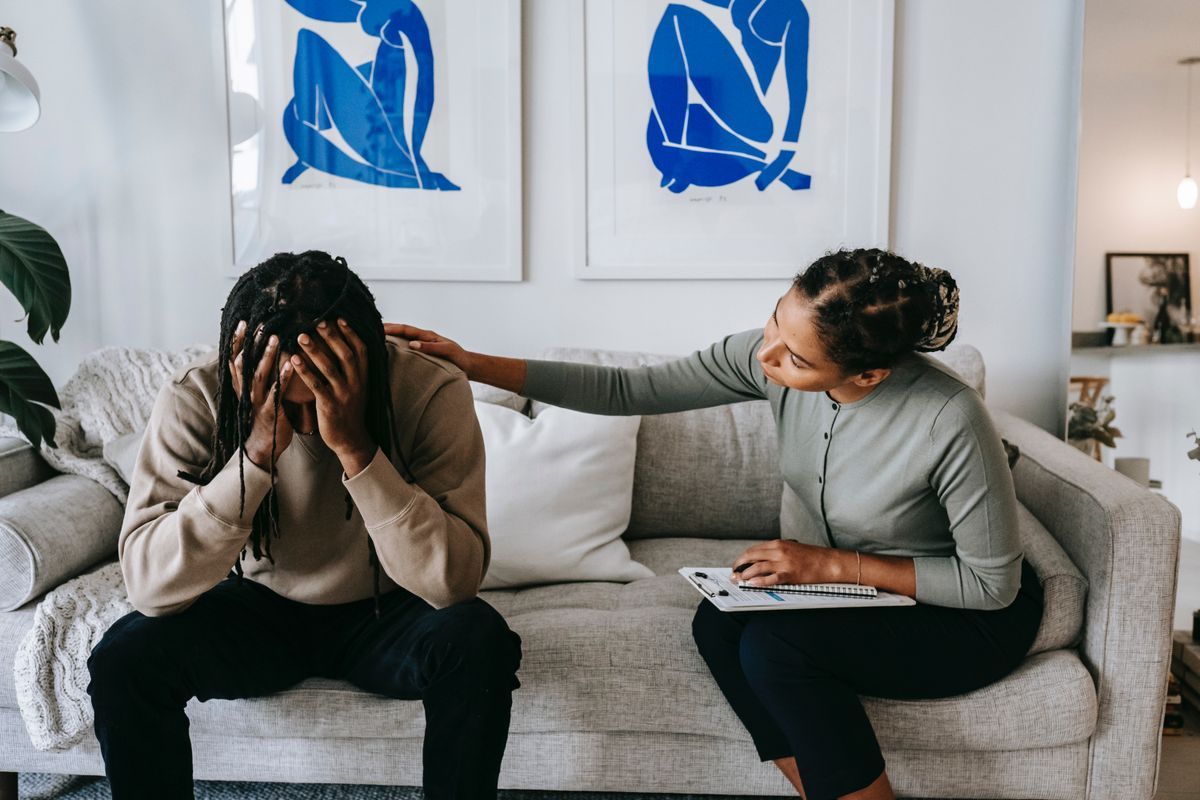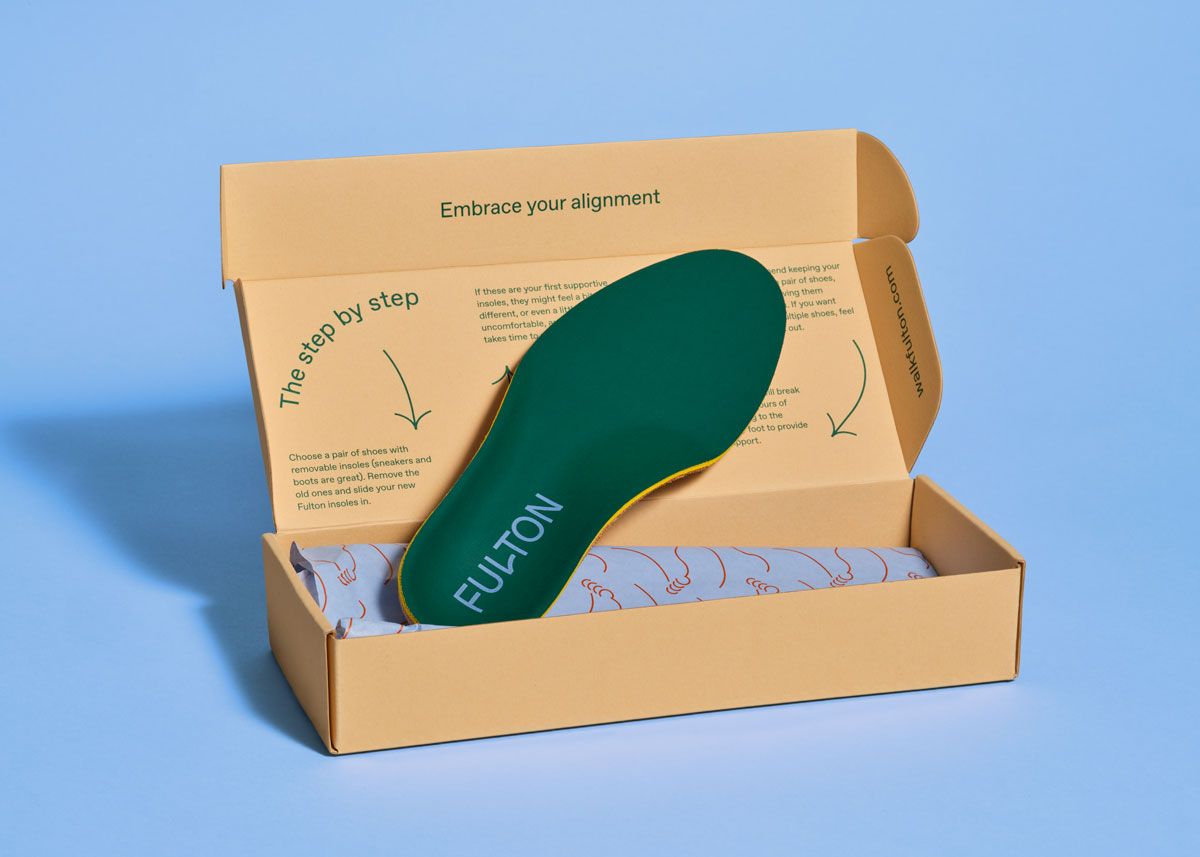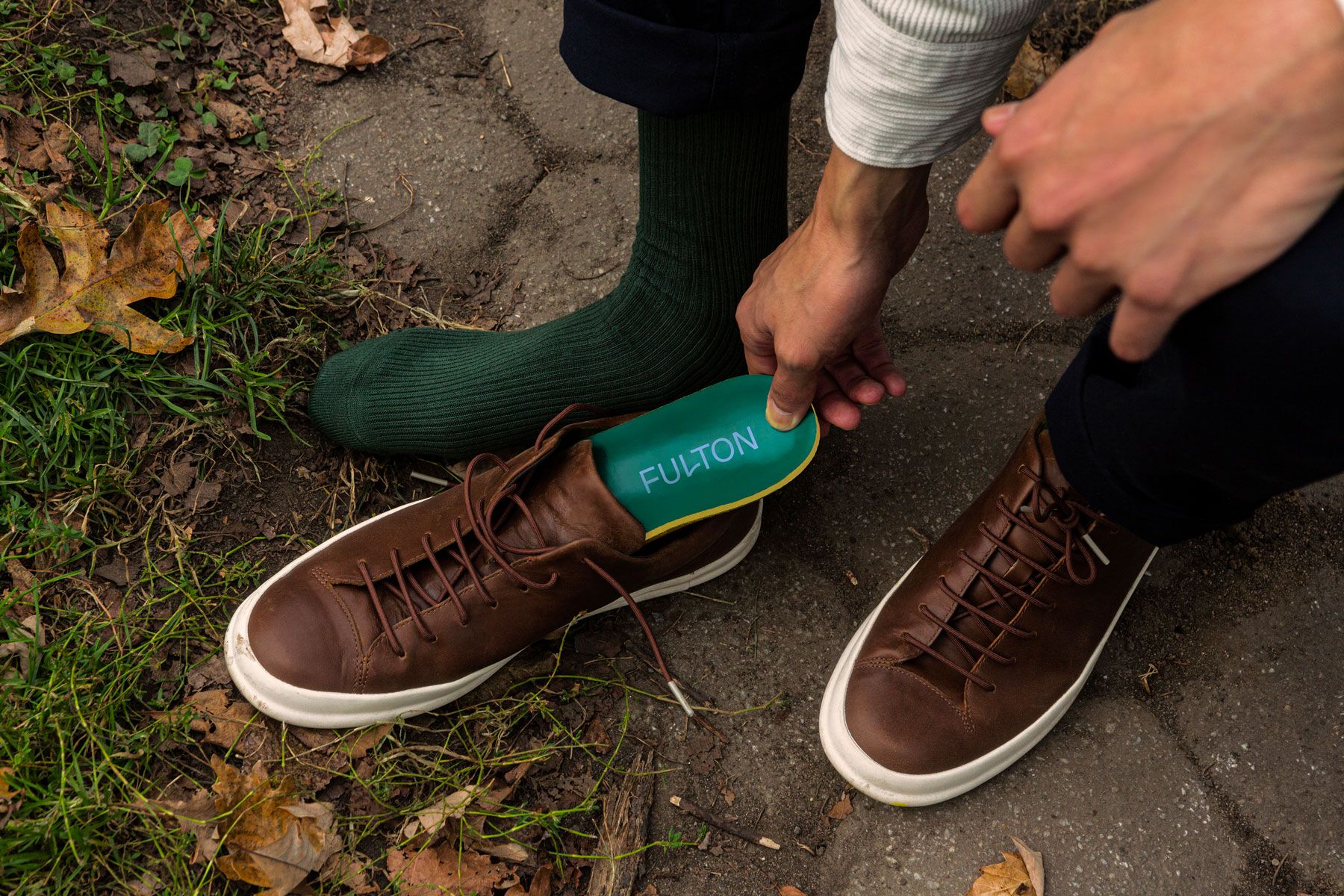🦀 PT Crab Issue 63 - Don’t Reassure Your Patients

Heck of a subject line, huh? And it’s hyperbolic, obviously. But this edition does indeed include an argument for it. We’ve also got notes on using FitBits for rehab. King Crab members (my supporters, thanks!) also received tips on how to prevent PFJ pain when lunging (take it back ya’ll) and a great open access paper about how to do a better job listening to our patients. You can support by sharing PT Crab too. If a friend of yours signs up and lets me know you sent them, I’ll give ya two months of double the articles, just like that!
Also this week, welcome to spooky season! If you’ve got a second, spook a colleague by forwarding this email. They’ll appreciate it and so will I.
Let’s dive in!
Being Reassured about Back Pain Isn’t Better
The Gist - A bundle of Australians have some more quite interesting research for us, as the Aussies often do. This week, they’re looking at whether feeling reassured after people’s first visits makes them get better, faster. And it turns out the answer is actually no. These people had acute low back pain and were offered either education that was designed to be reassuring (and actually was) and some other, boring education that didn’t reassure. Then they tracked these 178 people for a year to check their disability and healthcare usage. In the end, those who were reassured were more reassured, but they weren’t more healthy or less healthcarey. In their words “Reducing fears of serious illness in people with acute low back pain did not lead to improvements in disability or reduce healthcare use.”
Tell Me More - I’m not saying not to reassure your patients and the researchers aren’t either. Rather, they argue that “There are increasing demands on primary care clinicians and more than half report feeling stressed due to a lack of time,” so if you’re spending significant amounts of it reassuring your patients that their acute low back pain isn’t a catastrophe, you may not be using that time efficiently. Here are there full thoughts on the matter:
The findings from this study show that although patient education can effectively reassure patients, this does not lead to improved healthcare behaviours. Considering the time restraints within clinical practice, clinicians should be selective in how much time they allocate to providing reassurance. Although it is natural for a clinician to reassure a patient who is distressed, clinicians risk overestimating the impact of feeling reassured on outcomes. Clinicians could spend more time: listening to their patient’s story; estimating and discussing their prognosis; and matching their preferences with recommended non- pharmacological treatment options and self-management strategies.
The last bit, for you nerds out there, is that the study “excluded people with acute low back pain who were at lower than average risk of pain chronicity, which may have influenced the generalisability of findings.” So take it with a small grain of salt.
Paper? Indeed-doody.
Gel Insoles Suck. But there’s an alternative.

The Gist - Do you patients need arch or foot support in their worn out white New Balances? Do you have someone who “wears the same shoe every day, no matter what” and won’t take your advice to change it? We’ve all had that guy as a patient and we know how tough it is to talk them into support. But we also know how essential the correct support down there is to everything that they do. Well it’s time to introduce Fulton, a new insole company who want to support you and your patients from the ground up. This is a modern brand of arch support, changing how things are done. And it's not just for your patients, it's for you too. I mean c'mon, 8 hours on your feet all day, you need support too.

Tell Me More - Fulton uses sustainable materials to produce supportive and comfortable insoles that improve alignment and posture. The cork base absorbs shock and molds to your foot, providing a custom fit, the deep hell cup provides maximal stability, natural latex foam improves comfort, and every piece of the insole is natural and biodegradable. They have free shipping and returns, so every order is risk free.
Learn more and order at WalkFulton.com for a better way to walk.
Link? I mean, it’s right up there, but sure, I’ll put it here too.
Tired of this ad? King Crab supporters don't ever get ads. Ever. Support PT Crab here.
Fitbits for ACL Rehab? Uhhh… Yea I guess.
The Gist - A group of ATs wanted to know whether FitBits could make ACL rehab better and they’re not yet sure, but this study was super interesting to me so we’re covering it anyway. They gave all 11 of their participants a FitBit to track their steps for a few weeks, then used those same wearables to set high step goals for them to push them to be more active. The goal was to increase quality of life and see if something like this was even feasible. As it turns out, it is! Overall, the FitBits did get the participants to walk more and be more active outside of rehab, but the study was small so we’re not sure yet. Still, it seems that giving people wearables with goals and relating that to PT could help them get more busy.
Tell Me More - Obviously, this is a very small and very early study. I mean, it’s a feasibility study, they’re always gonna be small. And this study has the further limitation that it was done with college students who all had finals int he last couple weeks of the study, throwing off their data a bit. They did find that quality of life improved, but didn’t seem to be too related to step counts and there wasn’t a control group so it’s not like we could learn that works anyway. So why is this study here? It’s a clue that relating wearables to PT could be helpful. Everyone’s got one these days, so consider using them as part of your interventions to get your patients more active.
Paper? Yea man. And it’s open access, so here’s the highlighted version.
That’s our week, hope you enjoyed it! I’m always available at Luke@PTCrab.org with topic requests, questions, etc. Feel free to reach out at any time. And now, mash that forward button and shoot this to a friend or colleague. Thanks!
